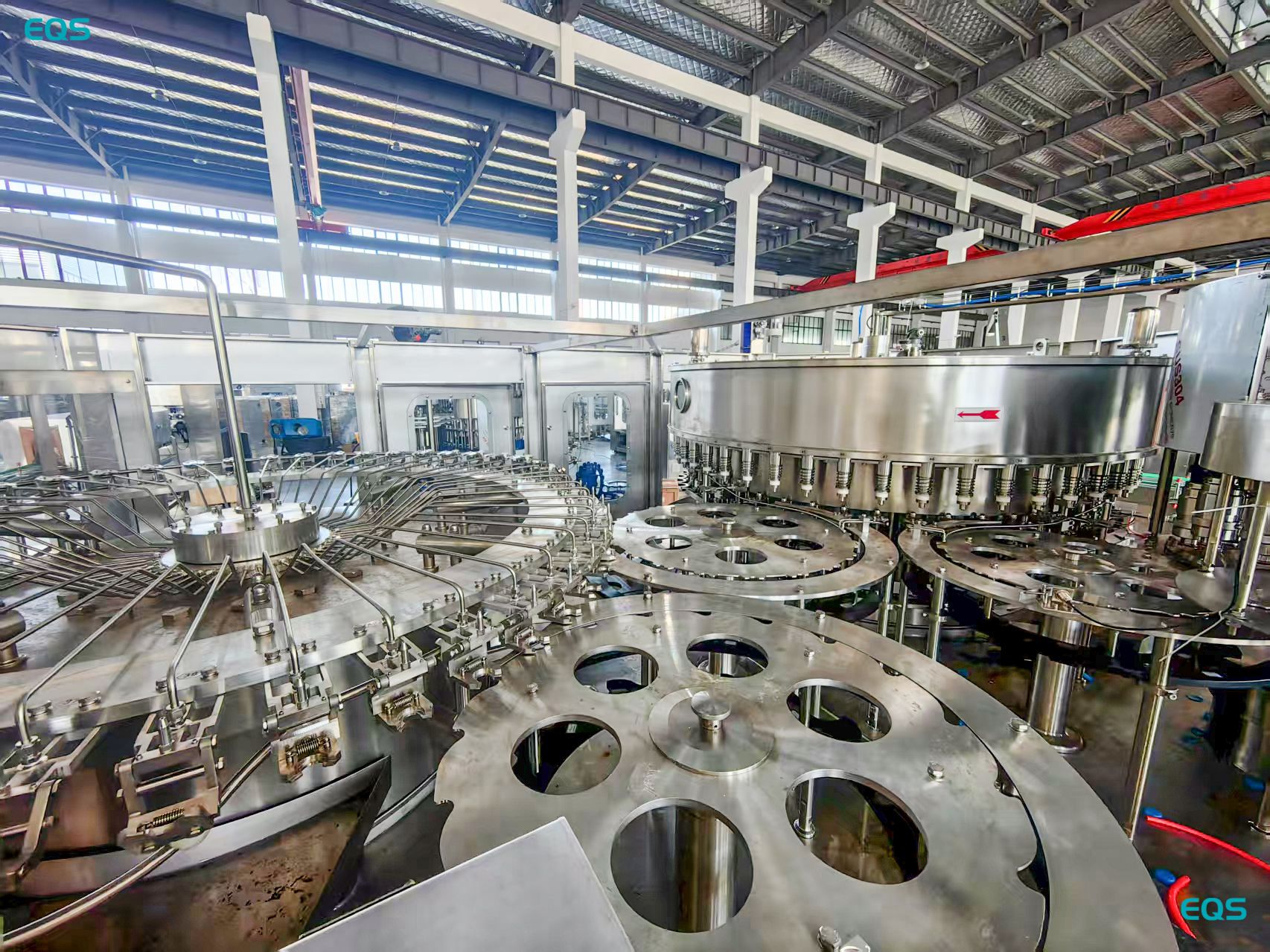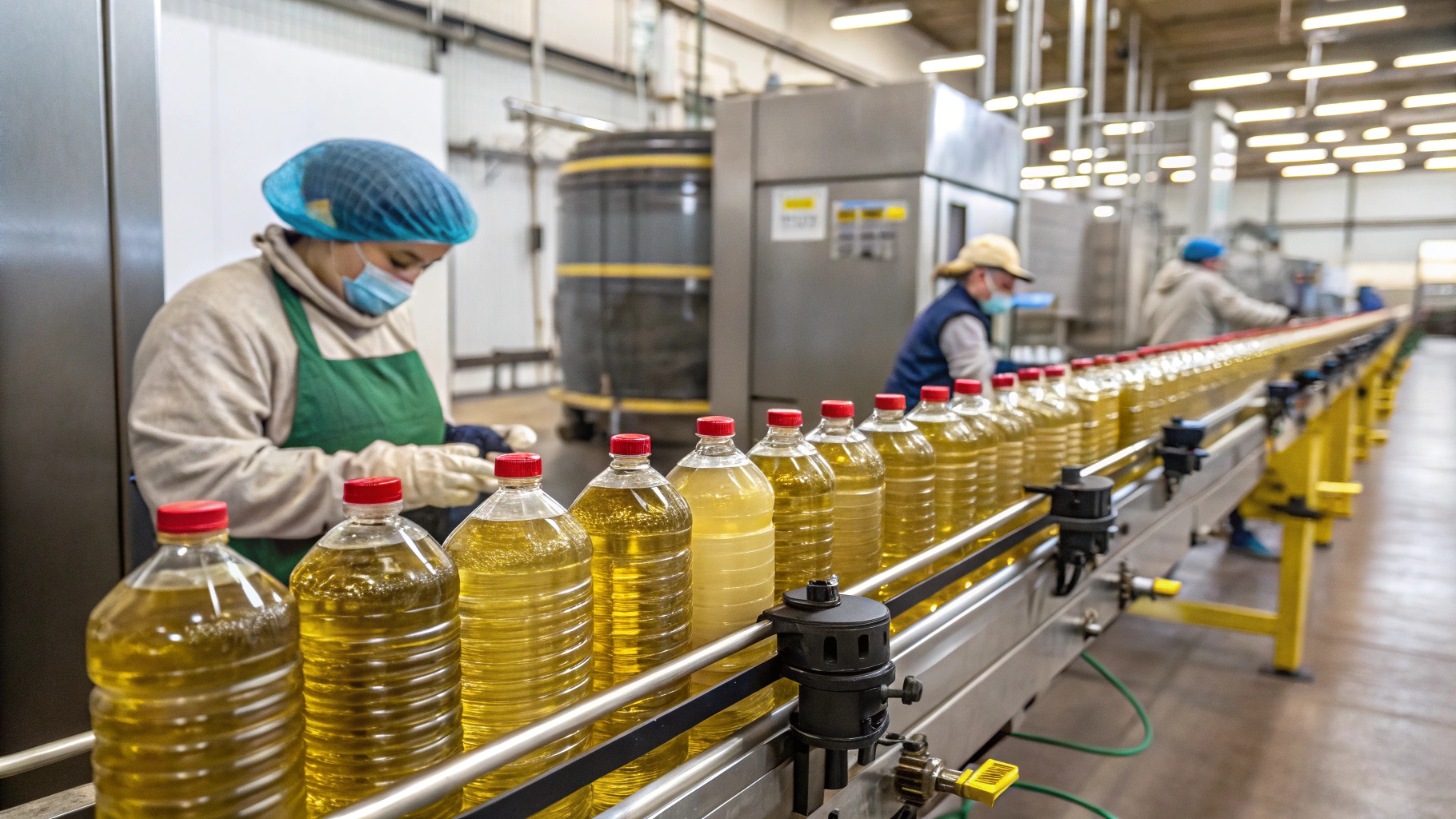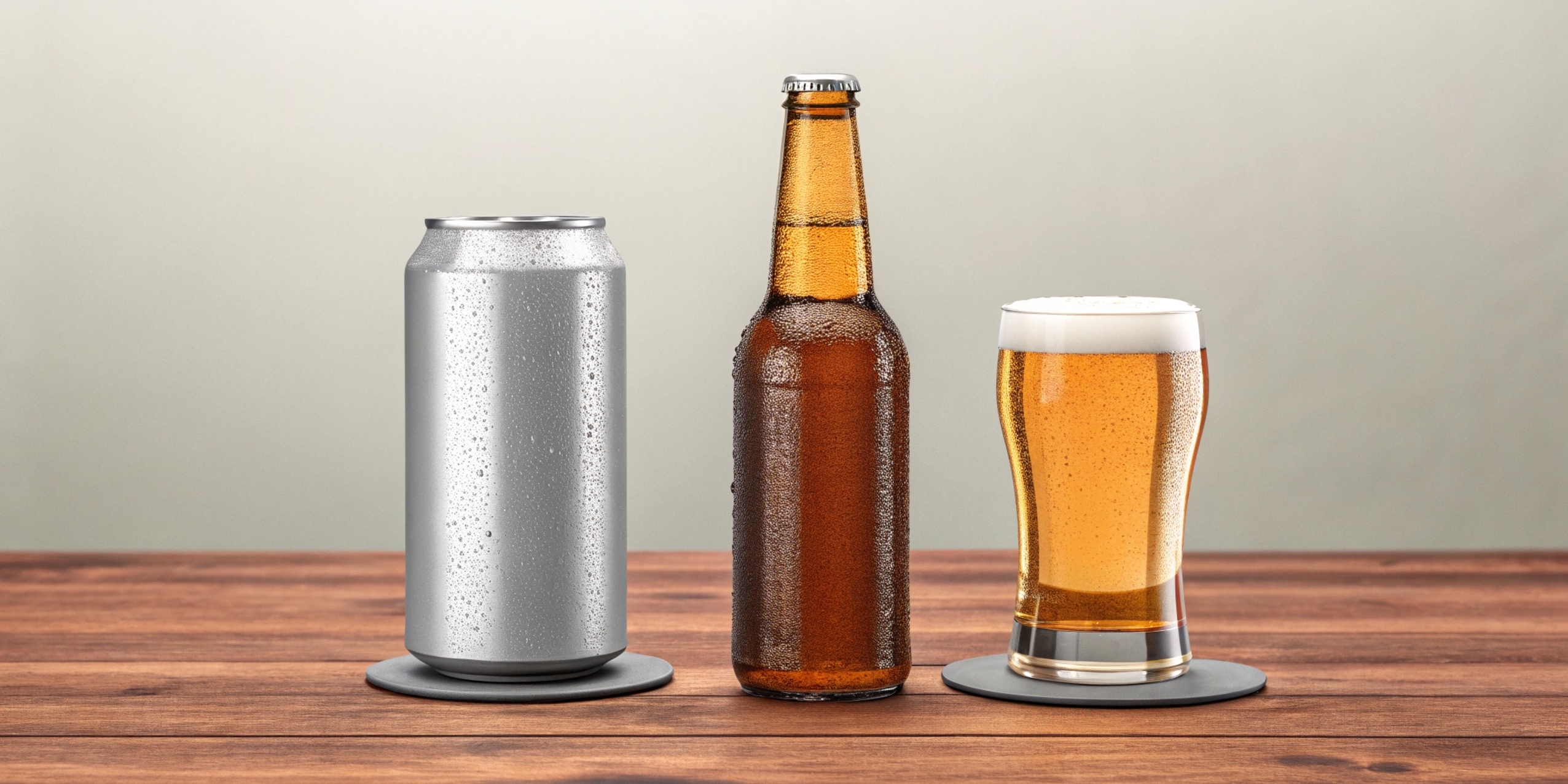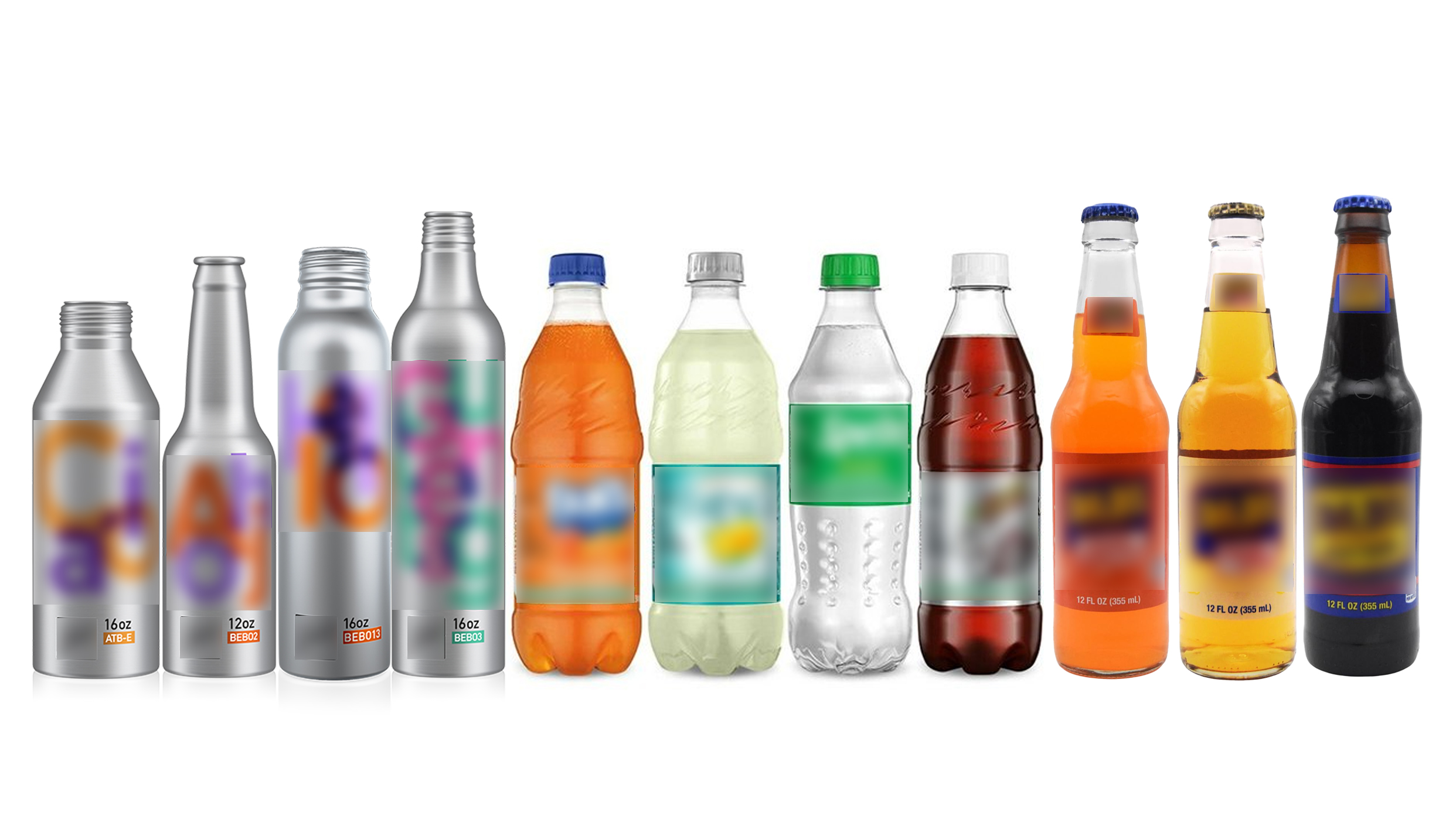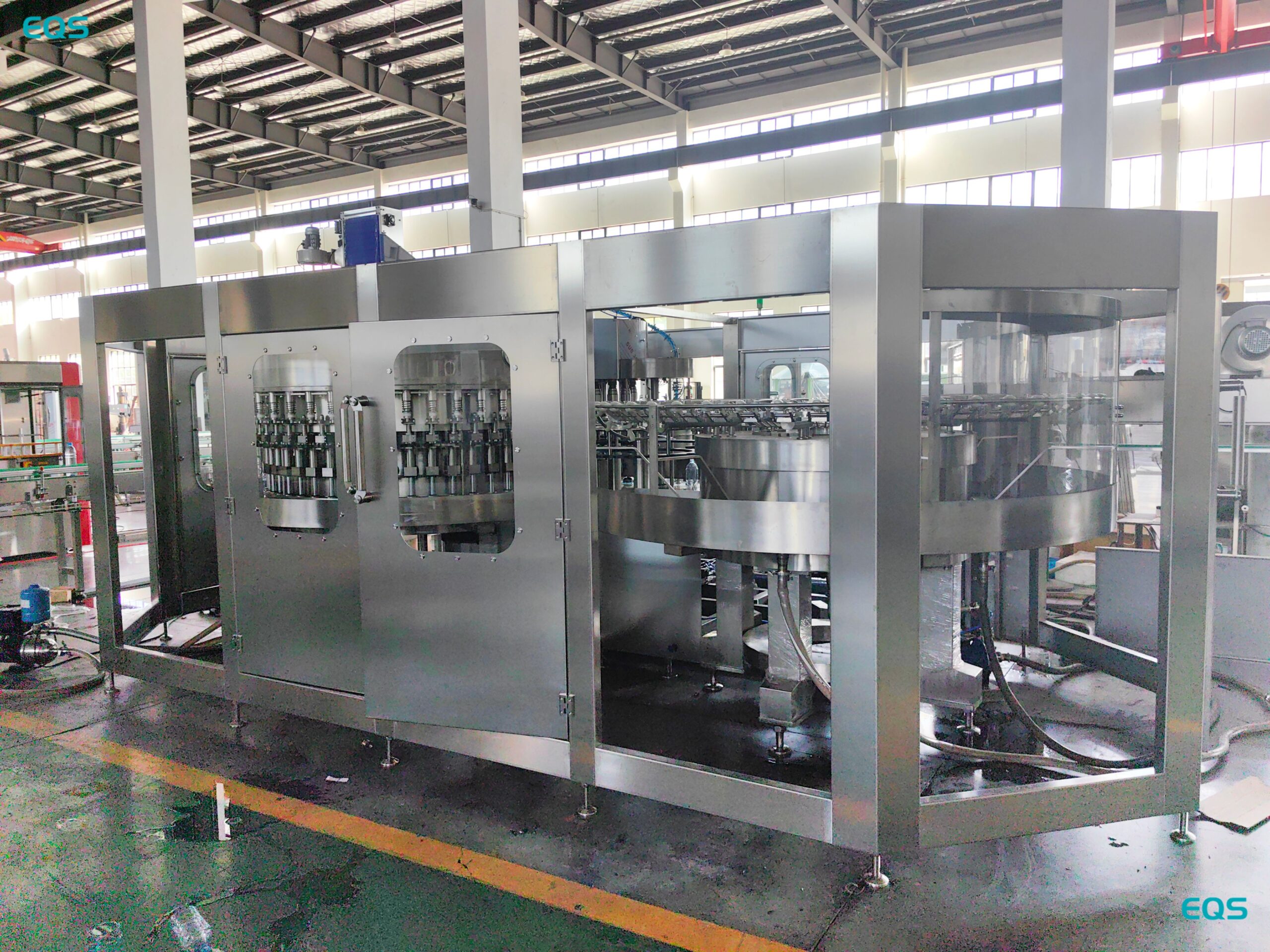Why Aren't We Selling Canned water Instead of Plastic Bottles?
leading paragraph:
Ever wonder why plastic water bottles are everywhere? Canned water seems like a better idea, right?
snippet paragraph:
Canned water isn't as popular as bottled water mainly because aluminum cans have higher production and shipping costs. This makes them less competitive in the market, even though aluminum is recyclable.
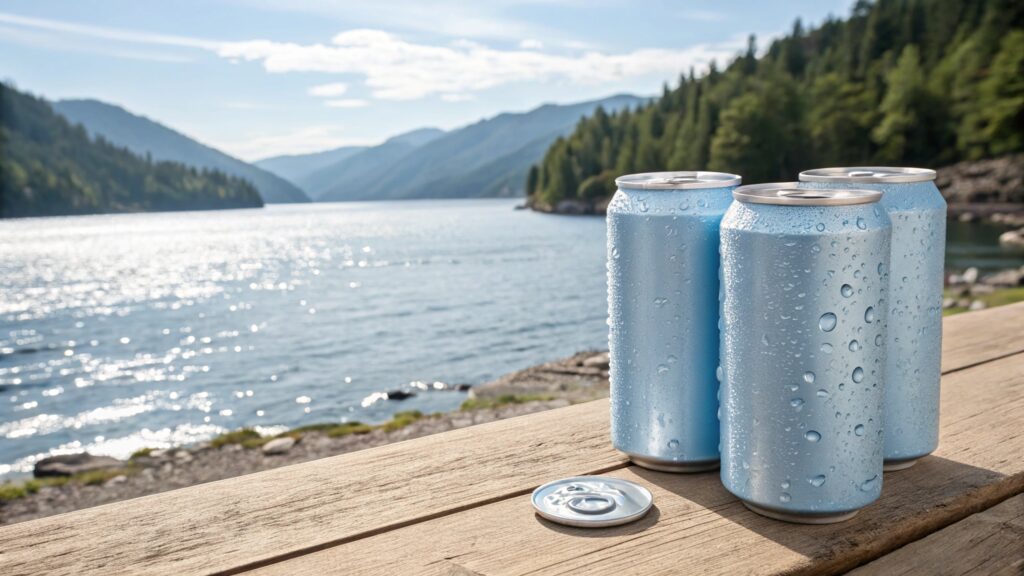
Transition Paragraph:
Let's dive into the reasons behind this puzzling packaging preference!
Why Don't We Use Cans for Water?
leading paragraph:
So, why isn't canned water the norm?
snippet paragraph:
Cans for water aren't as common because aluminum production is energy-intensive and costly. Plastic bottles are cheaper to produce and transport, even though they have environmental drawbacks.
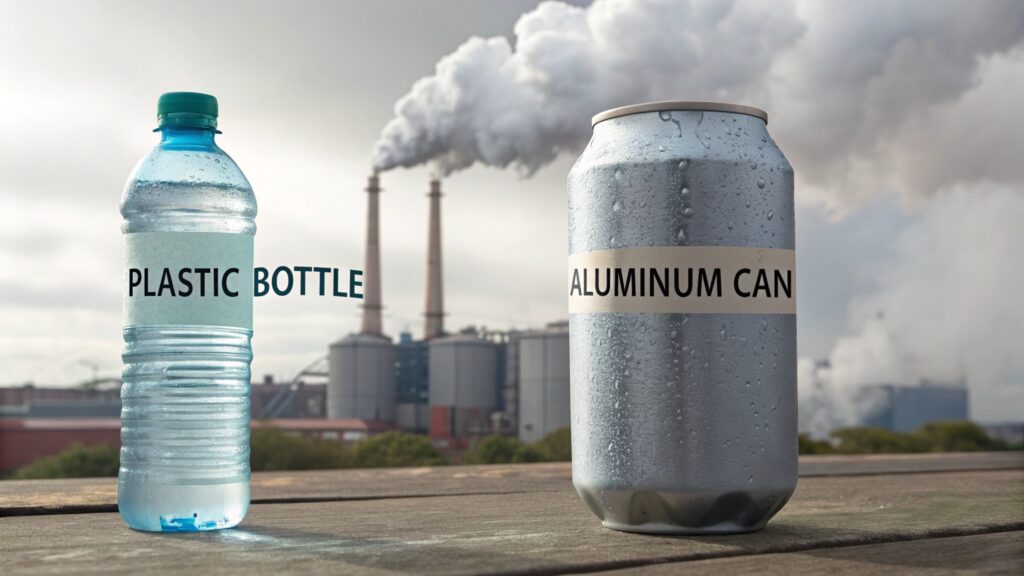
Reasons for Limited Can Use
- Higher Production Costs: Aluminum is more expensive to produce.
- Energy-Intensive: Making aluminum requires a lot of energy.
- Cheaper Alternatives: Plastic bottles are more cost-effective.
- Consumer preference: Familiarity with plastic.
- Infrastructure: Existing plastic recycling systems.
- Weight: Cans can be heavier to transport.
Dive deeper Paragraph:
The primary reason why we don't see canned water dominating the market is the higher production costs associated with aluminum cans compared to plastic bottles. Aluminum production is an energy-intensive process, requiring significant amounts of electricity to extract and refine the metal from bauxite ore. This high energy consumption translates to higher production costs for aluminum cans, making them less competitive in the market. In contrast, plastic bottles are cheaper to produce, as the raw materials (typically petroleum-based) are readily available and the manufacturing processes are less energy-intensive. The lower production costs of plastic bottles make them a more attractive option for beverage companies looking to maximize their profit margins.
Is Canned Water Better Than Plastic Bottles?
leading paragraph:
Is canned water actually a better choice for the planet?
snippet paragraph:
Canned water is often considered better than plastic bottles because aluminum is more easily and frequently recycled. However, aluminum production has a larger environmental footprint initially.
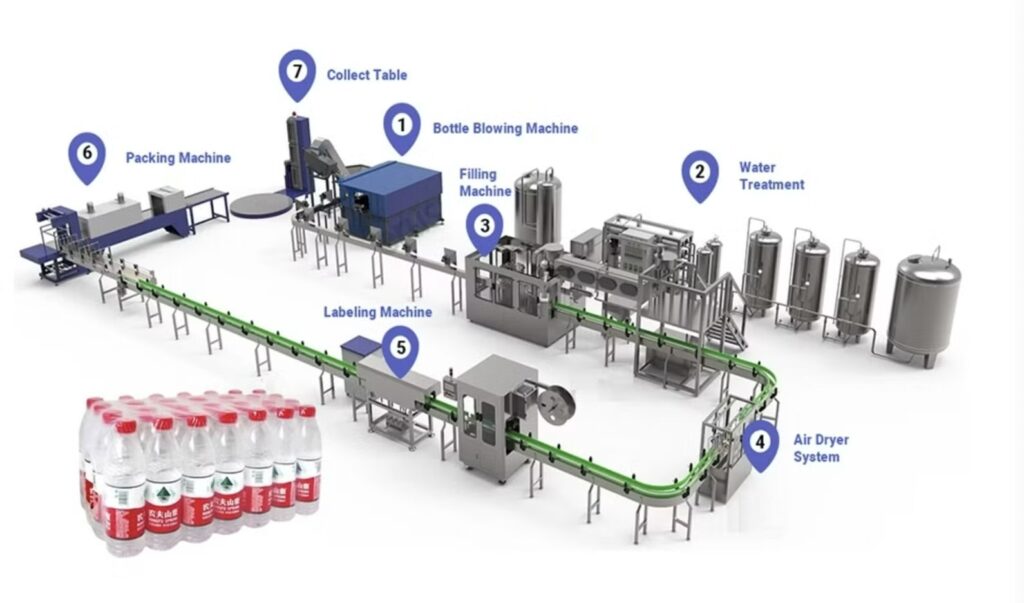
Environmental Considerations
- Recyclability: Aluminum is highly recyclable.
- Production Impact: Aluminum production is energy-intensive.
- Plastic Pollution: Plastic bottles contribute to pollution.
- Carbon footprint: Considering the full life cycle.
- Biodegradability: Plastic's slow decomposition.
- Resource depletion: Impact of raw material extraction.
Dive deeper Paragraph:
When comparing canned water to plastic bottles, environmental considerations are paramount. Aluminum cans are highly recyclable, and a significant portion of the aluminum produced globally is recycled and reused. This high recyclability rate reduces the need for new aluminum production, conserving resources and reducing energy consumption. In contrast, plastic bottles have a lower recycling rate, and a significant portion of plastic waste ends up in landfills or polluting the environment. However, it's important to note that aluminum production is an energy-intensive process, and the initial environmental footprint of producing aluminum cans is larger than that of producing plastic bottles. Therefore, a comprehensive life cycle assessment is necessary to fully evaluate the environmental impact of both options.
Why Don't We Ban Plastic Water Bottles?
leading paragraph:
Why not just get rid of plastic bottles altogether?
snippet paragraph:
Banning plastic water bottles is complex due to economic factors, consumer convenience, and the lack of readily available, affordable alternatives. Such a ban would impact businesses and consumers significantly.
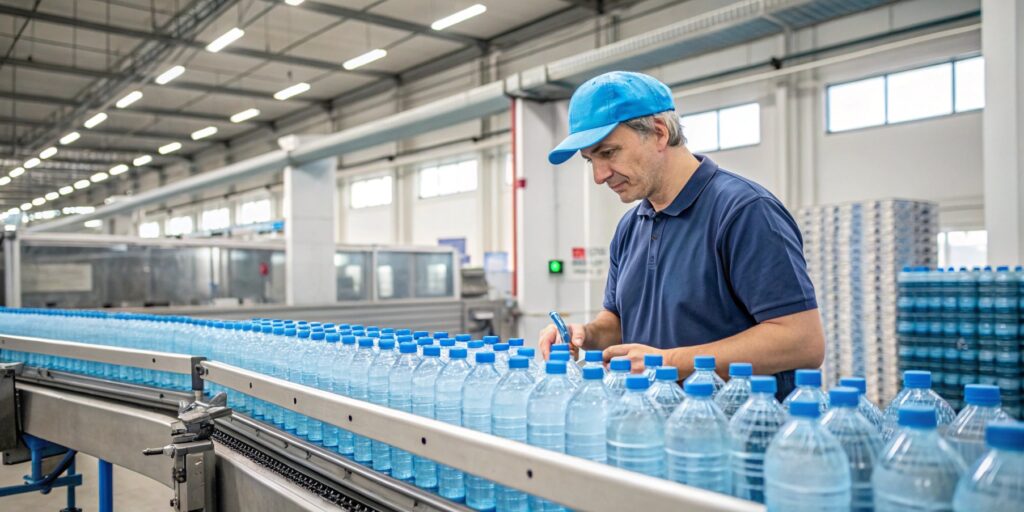
Obstacles to a Ban
- Economic Impact: Affects businesses and jobs.
- Consumer Convenience: People rely on bottled water.
- Lack of Alternatives: Affordable options are needed.
- Lobbying: Resistance from industry groups.
- Accessibility: Bottled water in emergencies.
- Habit: Consumer preference for bottled water.
Dive deeper Paragraph:
Banning plastic water bottles is a complex issue with significant economic and social implications. The bottled water industry is a multi-billion dollar industry, providing jobs and revenue to numerous companies. A ban on plastic water bottles would have a significant economic impact, potentially leading to job losses and reduced profits for businesses. Furthermore, many consumers rely on bottled water for convenience, especially in situations where access to clean drinking water is limited. A ban on plastic water bottles would require readily available and affordable alternatives, such as refillable water bottles and public water fountains, to meet consumer demand.
Why Isn't Canned Water More Popular?
leading paragraph:
So, why isn't canned water taking over the market?
snippet paragraph:
Canned water isn't more popular because of higher costs, consumer habits favoring plastic, and established infrastructure for plastic bottle production and recycling.
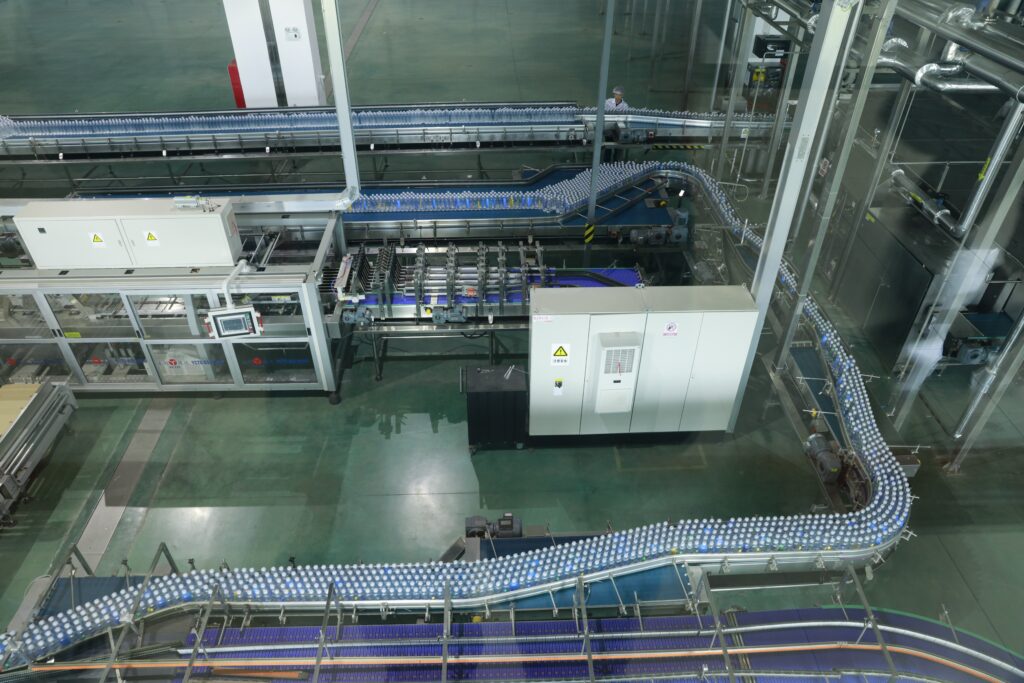
Reasons for Limited Popularity
- Higher Price Point: Cans are more expensive.
- Consumer Habits: People are used to plastic bottles.
- Established Infrastructure: Existing plastic recycling systems.
- Marketing: Strong branding for bottled water.
- Distribution: Wider availability of bottled water.
- Perception: Cans associated with other beverages.
Dive deeper Paragraph:
Several factors contribute to the limited popularity of canned water compared to plastic bottled water. The higher price point of canned water is a significant barrier for many consumers, who are accustomed to the lower cost of plastic bottles. Consumer habits and preferences also play a role, as many people are simply used to buying and consuming water from plastic bottles. The established infrastructure for plastic bottle production and recycling further reinforces the dominance of plastic in the bottled water market. Additionally, the strong branding and marketing efforts of major bottled water companies have created a perception of bottled water as a convenient and reliable source of hydration, making it difficult for canned water to gain traction.
Conclusion
While canned water offers environmental benefits, cost and convenience keep plastic bottles on top. Hopefully, things will change as we become more eco-conscious!
My name is Allen, and I'm an expert in filling machine technology at EQS (eqsfilling.com), a leading liquid packaging solution provider based in China. If you're looking for top-quality filling machines for your production line, feel free to reach out to me at [email protected]. We specialize in providing customizable solutions with cutting-edge technology.


